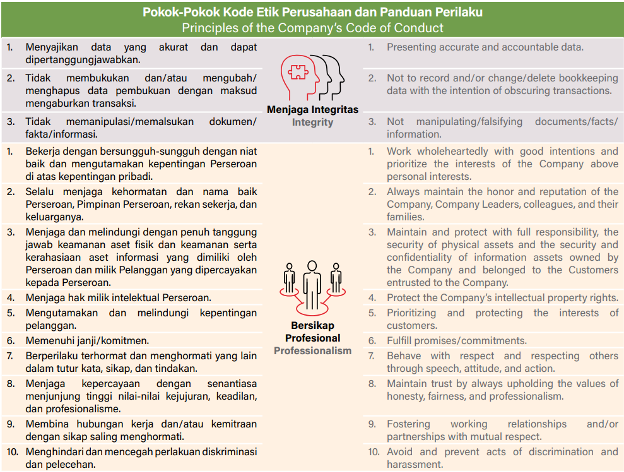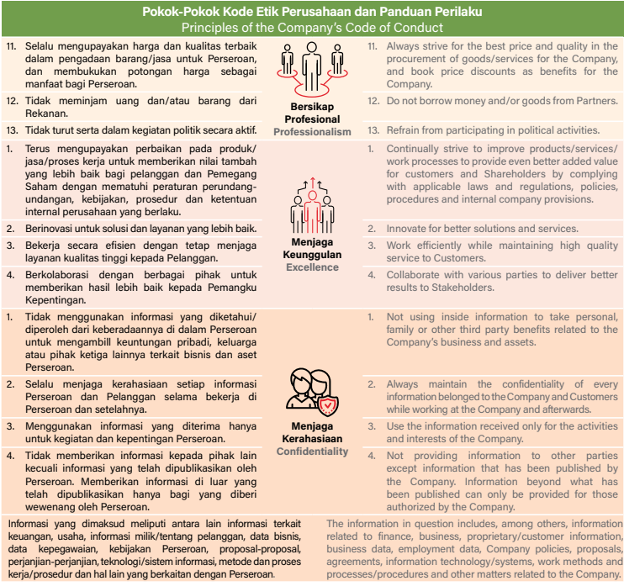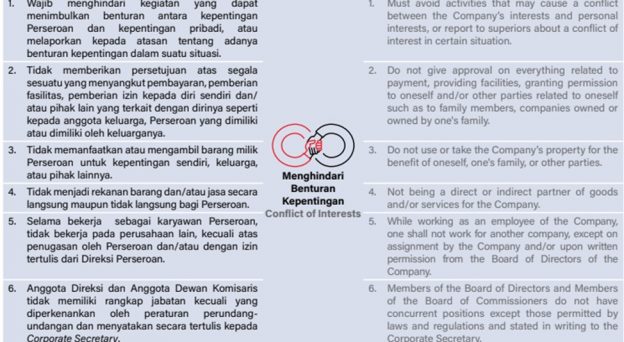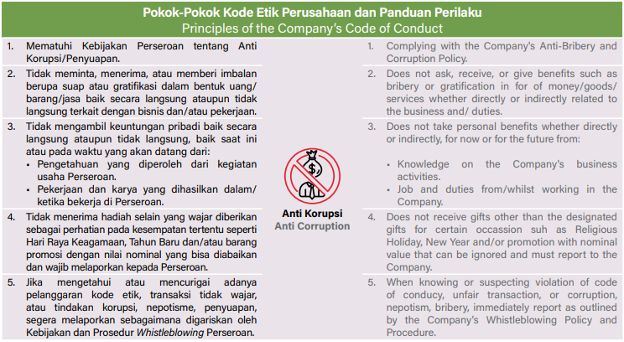The future of Local Loop Services will continue to be dynamic, with rapid technological developments changing the way we connect and communicate. Businesses and service providers need to adapt to these trends to ensure that Local Loop Services remain relevant and able to provide the best connectivity for customers.
In an era that keeps evolving, Local Loop Services have gone through continuous technological and method transformation. The sustainability of this innovation is the main highlight, especially in providing increasingly sophisticated and efficient connectivity.
As technology increasingly revolutionizes the way we communicate, the role of Local Loop Services becomes increasingly crucial. As the main foundation for local connectivity, Local Loop Services play an irreplaceable role in ensuring reliable and fast access for customers.
This connectivity not only involves telephone services, but also enables internet access with excellent quality. By connecting users to the wider telecommunications network, Local Loop Services are at the heart of how we interact and communicate in an increasingly connected world.
Learn the concept of Local Loop Services, how it works, business benefits and its future trends through the guide below:
Local Loop services are a critical component in the telecommunications infrastructure that connects individual or business customers with the larger telecommunications network. This concept focuses on providing communications access, such as telephone and internet services, by connecting devices in a home or office to a telecommunications center in an area.
In addition to traditional telephone services, Local Loop Service also provides broadband access that allows users to connect to the internet. This has become especially important in today’s digital era, where many activities and services depend on fast and reliable online connectivity.
There are several challenges in implementing Local Loop Services that have surfaced. Some areas may have less developed infrastructure, making good access difficult. In addition, the rapid development of technology means that Local Loop Service providers must continue to innovate to maintain service quality and compete with technological alternatives.
Looking at the future of Local Loop Services, innovation trends such as the use of faster and more powerful fiber optics, as well as the adoption of more advanced wireless technologies, could change the way we connect and communicate. By continuing to follow these trends, Local Loop Services have the potential to become more robust, reliable and support the digital needs of people and businesses in the future.
Follow Us



Newsletter
Follow Us








